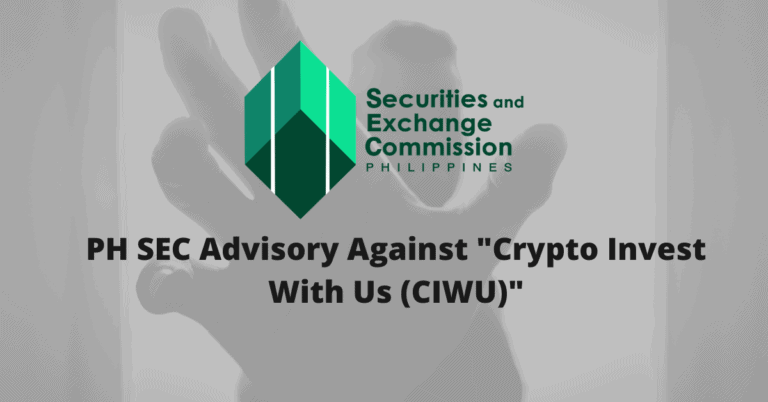PH Anti Money Laundering Council Sets its Eyes on Bitcoin and Casinos
The Anti Money Laundering Council expanded its coverage to cash conversions to poker chips & virtual currencies to cover the law against money laundering.

The Anti-Money Laundering Council (AMLC) has its eyes focused on cryptocurrencies and casinos this year as it enforces a strict watch on dirty money.
Mr. Mel Georgie B. Racela, Secretariat Executive Director of AMLC, said that the council has now expanded its coverage to cash conversions to poker chips and virtual currencies. This is to completely cover the law against money laundering.
Currently, the council gave casino operators six months to register with the AMLC starting this month. With this initiative, it aims to significantly reduce opportunities for the criminals to use dirty money in gaming tables.
The Republic Act No. 10927 requires all casinos to report daily transactions with Php 5 million worth to AMLC. The RA 10927 implemented the rules last week and this gives casino operators up to mid-December to comply.
The secretariat executive director believes that with the new rules in place, this will tone down the high money laundering threat level.
“If we make a reassessment of our national risk insofar as casinos are concerned, we believe that we will be able to reduce this from high risk to moderate,” – Mr. Mel Georgie B. Racela, Secretariat Executive Director, AMLC
Bitcoin and other virtual currencies are also being watched. The AMLC hopes to get in touch with this “new business” as transaction volumes are going up.
“The Council has approved our study on the suspicious transaction reports submitted by our virtual currency exchanges,” – Mr. Mel Georgie B. Racela, Secretariat Executive Director, AMLC
Mr. Racela added that it is still too early to say whether these cryptocurrencies are also the playground of money launderers.
The Bangko Sentral ng Pilipinas (BSP) is trying their best to regulate virtual currencies by requiring e-Money issuers such as Coins.ph to submit customer data and transaction reports to the AMLC.
Source: BusinessWorld





